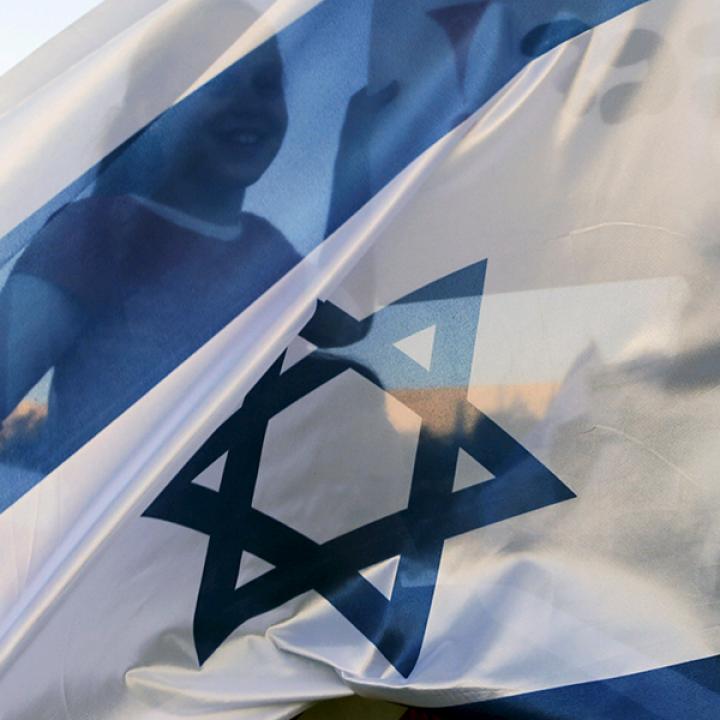

August 24, 2017
In "Why Israel Should Listen to Jordan on the Temple Mount," Abdullah Sawalha asserts that in handling the recent Temple Mount crisis, Israel prioritized domestic political considerations over coordination with Jordan. While I agree that Israel could have handled the crisis better, I believe the piece presents only a partial picture, missing some important elements.
First, do we know for a fact that there was no Israeli coordination with Jordan? I believe such coordination existed, even if it may have been lacking. In fact, I am told by Israeli government officials that Jordan was notified of the decision to place the metal detectors and initially expressed no objection.
Second, it is common knowledge that domestic political considerations weigh heavily on Israeli decisionmaking. In this case, however, genuine security considerations were no less important. From Israel's perspective, the status quo was undermined when terrorists smuggled weapons into the Muslim holy site and subsequently killed two Israeli policemen. Israel bears responsibility for the overall security situation in and around the Temple Mount, protecting it from both violent extremist Muslims and Jews -- and therefore had to respond to the attack. The installation of metal detectors was the professional recommendation of the police. The Israeli government should have better understood the sensitivity surrounding the Temple Mount by keeping a low public profile and opting for alternative security measures. However, following the terror attack it could not respond in a business-as-usual manner without additional security measures.
In this context, citing the failure of the February 2016 Aqaba Summit does not support the article's point. To the best of my knowledge, the main reason why the Aqaba Summit did not produce results is that the Arab leaders involved shared Prime Minister Netanyahu's skepticism about Secretary of State John Kerry's desire to regenerate an Israeli-Palestinian peace process through the creation of a regional envelope, because they did not trust the United States' leadership of such an initiative.
Third, there is no doubt that Israel understands the importance of Jordan's role in Jerusalem, respects it, and much prefers it to anyone else's. Israel is certainly at odds with attempts by Islamist supporters such as Turkey to meddle in Jerusalem. At the same time, Israel is aware of the limitations of Jordan's ability to play a stabilizing role in times of crisis. The recent crisis demonstrated how difficult it is for Jordan to openly stand up to and contain Islamist incitement and religious inflammation.
This crisis also showed that Jordan does not fully control the Waqf administration, which is responsible for daily management of the Muslim holy sites in Jerusalem, even though Jordan pays its salaries. Indeed, the role of the Waqf, especially its religious leaders, proved highly problematic. Furthermore, under pressure from an anti-Israel Jordanian street and parliament, and compounded by the very unfortunate incident in which an Israeli embassy guard killed two Jordanians -- one of them a bystander -- while defending himself against an attack, the Jordanian government was forced to sound a position highly critical of Israel.
Ultimately, close coordination with Jordan is extremely important to Israel and should be maintained and continually enhanced. However, such coordination cannot replace Israel's own responsibility for securing the Temple Mount. If the article's recommendations imply that Israel should share this responsibility, then this is an unrealistic proposition. After all, if violence erupts in this extremely sensitive place, it is Israel, and Israel alone, that will be blamed.



